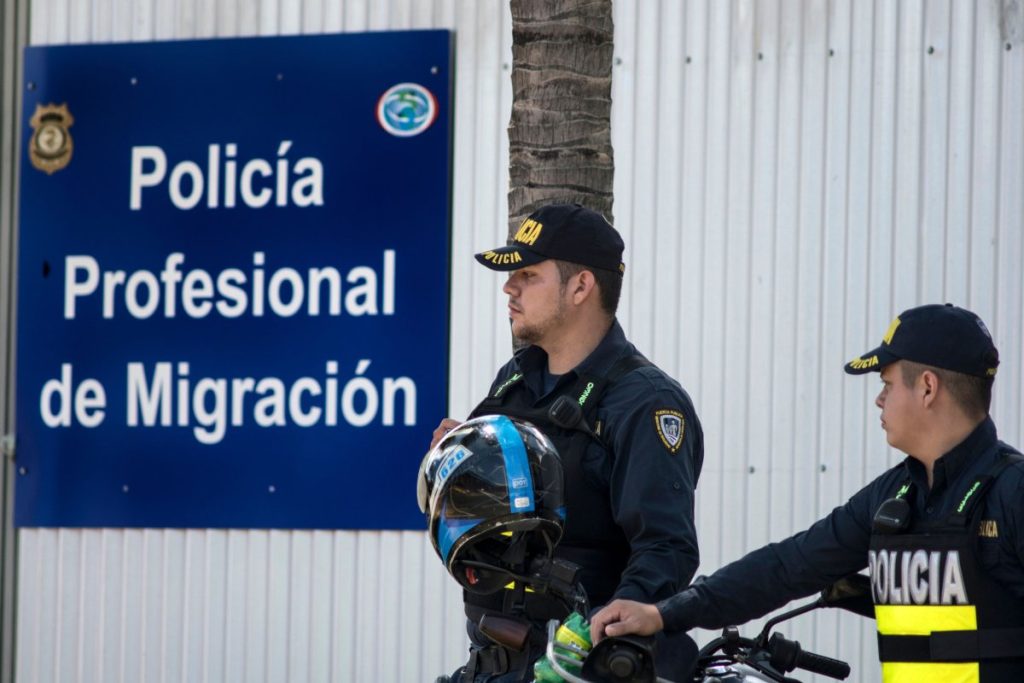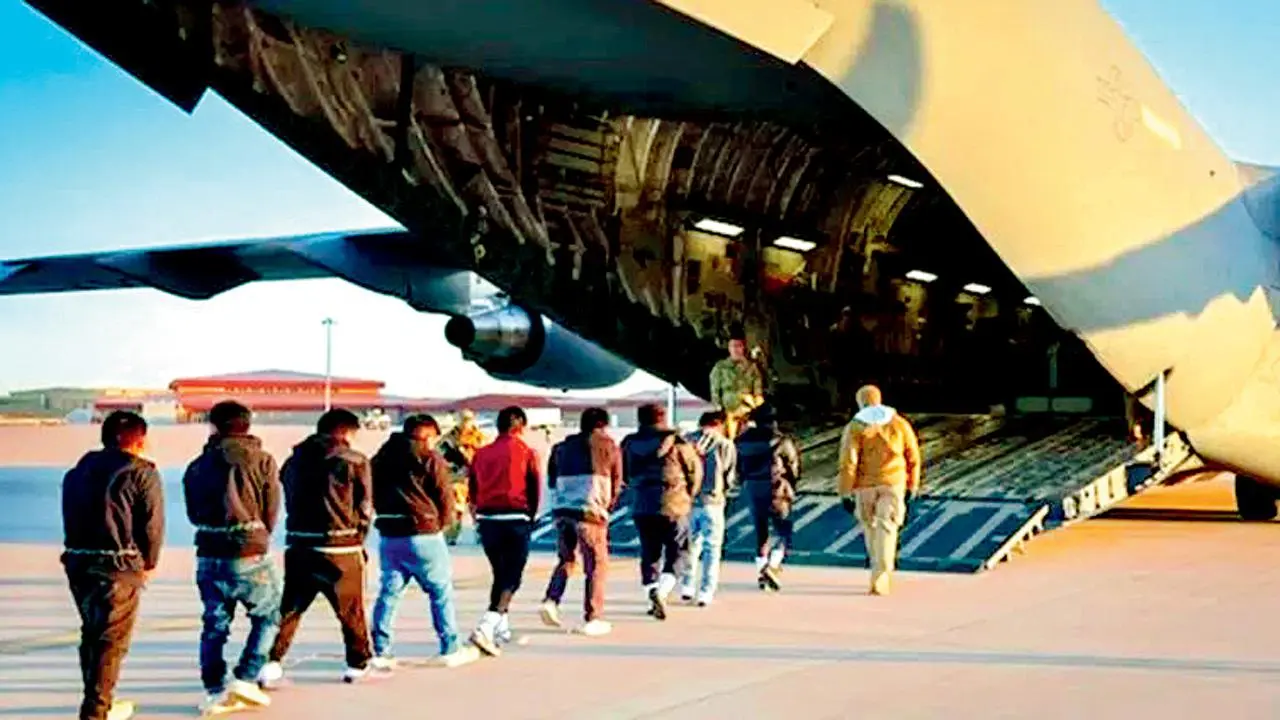Costa Rica’s highest court has ordered the release of dozens of migrants who were deported to the country under a controversial agreement with the US administration of Donald Trump, in a move seen as a significant rebuke of past migration policies.
In a resolution issued on Tuesday, the Constitutional Chamber of the Supreme Court of Justice partially upheld a habeas corpus appeal filed in March on behalf of around 200 migrants detained at a shelter in southern Costa Rica.
The court gave immigration authorities 15 days to review the migrants’ status and facilitate their release.
The group includes nationals from Afghanistan, Iran, Russia, several African nations, and other parts of Asia, along with around 80 children. They were transferred to Costa Rica in February under an arrangement with the Trump administration that was widely condemned by human rights groups.
The migrants were initially held at the Temporary Migrant Care Centre (CATEM), located near the Panamanian border, around 360 kilometres south of the capital, San José. Amid mounting criticism, the Costa Rican government relaxed restrictions in April, allowing many to leave the centre voluntarily. Some accepted repatriation, but 28 individuals—including 13 children—remain at CATEM.

The Supreme Court’s ruling, which also requires the government to assess the migrants’ access to healthcare, education, housing, and social support, is expected to set a precedent that could block future deals of this nature.
The decision was announced just a day before a visit by US Secretary of Homeland Security Kristi Noem, who is due to meet President Rodrigo Chaves and tour the Los Lagos immigration facility.
One Afghan woman previously interviewed at CATEM told AFP that she had fled her homeland to escape being forced into marriage and to pursue education. She feared for her life if returned, saying, “The Taliban will kill me.”
The Taliban’s harsh treatment of women, including arbitrary arrests and restrictions on education and employment, has drawn widespread condemnation from the international community.
Alongside the Costa Rica deportations, the Trump administration also relocated 300 mostly Asian migrants to Panama and 252 Venezuelans to El Salvador. The latter were accused — without proof — of belonging to the Tren de Aragua criminal gang and imprisoned in a high-security jail for gang members.


 Trending
Trending 